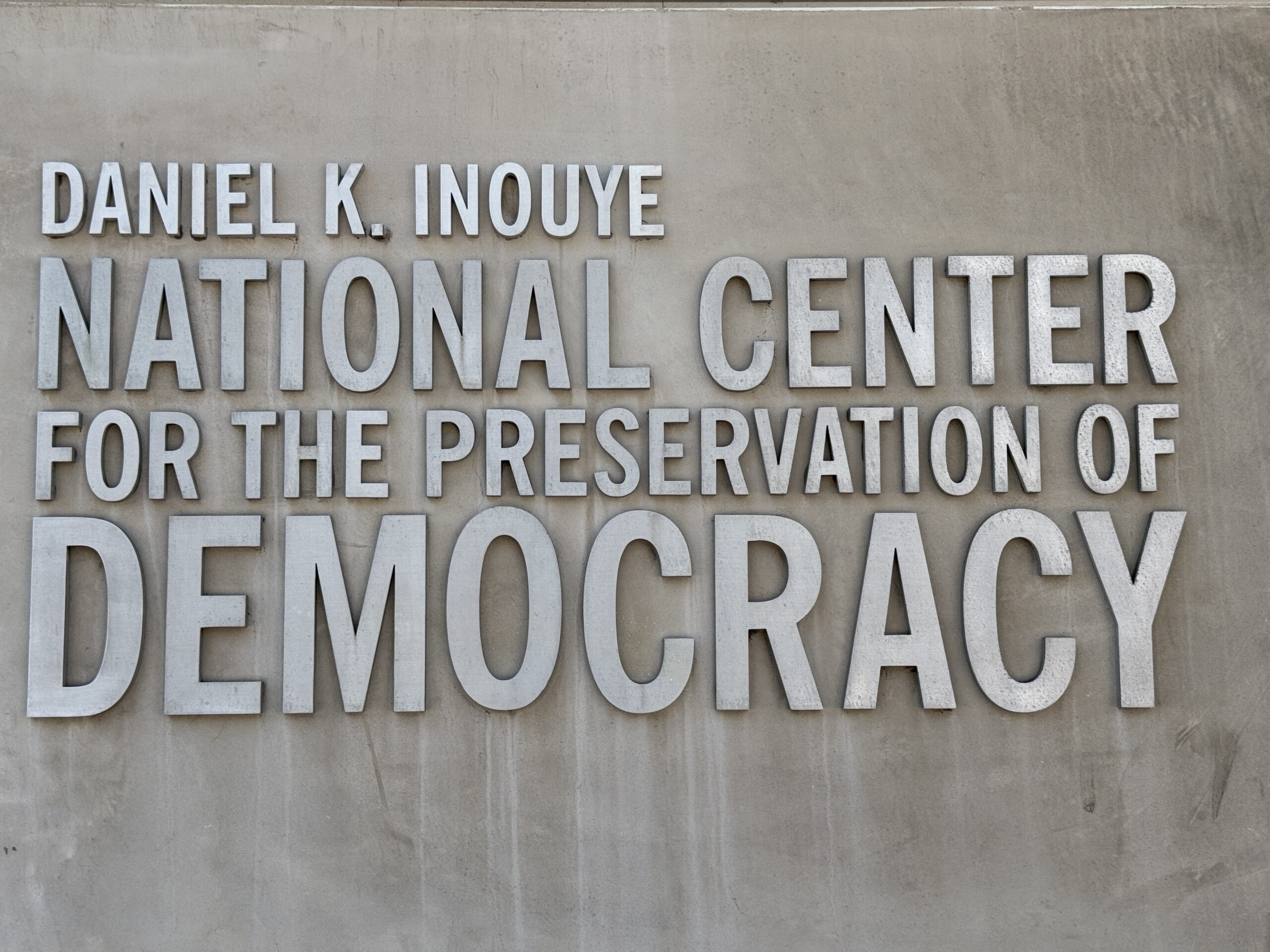Countries still have intelligence, counterintelligence, and all of the other Cold War-era espionage systems, right? How is it possible for Government A to have a secret that Government B wants? What stops Government B from
- publicizing a Signal tip line
- taking messages from a cash-hungry employee of Government A
- after determining that the messages, and any attached documents, are genuine, paying out some cryptocurrency to the rat
? In the old days it was difficult to betray one’s government. A military officer would have to find a way to meet a foreign government’s spies, not get followed to the meeting spot, receive a briefcase full of cash or trust that money had been deposited into a Swiss bank account, etc. Today, on the other hand, unless Government A has a way to read Signal messages on every device and also map its citizens to crypto wallets how can Government A prevent its officials and employees from selling secrets?
Loosely related… imagine how inflated a Californian’s head would have to be for him/her/zir/them to imagine that he/she/ze/they was an expert on “the preservation of Democracy” (from Los Angeles):


Doesn’t the rat still have the problem of authenticating the destination of the stolen material (it could be a honey pot)? Certainly easier than in the old days, but still seems pretty risky.
Govt B might publicise an asymmetric key and reply with the rat’s message encrypted with its private key.
Yet the rat still can’t spend the loot without arousing suspicion, or maybe going into exile. It’s clear from interviews with exiled rats like Philby that exile was effectively a punishment, albeit inadequate.
/df, I think that crude incompetence and bureaucratic solidarity is a good protector for domestic spies. Read about Soviet spies in CIA and FBI. They all led high life until they were exposed by their entitled American paid moles in Soviet intelligence, who too led high life on American taxpayer earned dollars were tolerated due to their connections in Soviet bureaucracy, until being exposed by Soviet moles in CIA/FBI, and even some time after that.
That is very funny! Any books/articles about these stories?
Google former USSR UN representative Shevchenko, American best, brightest and most honest Ames, Hanson, Pelton… There are many others. There are many books and videos, some are in Russian.
Meant to wright Hannsen, not Hanson